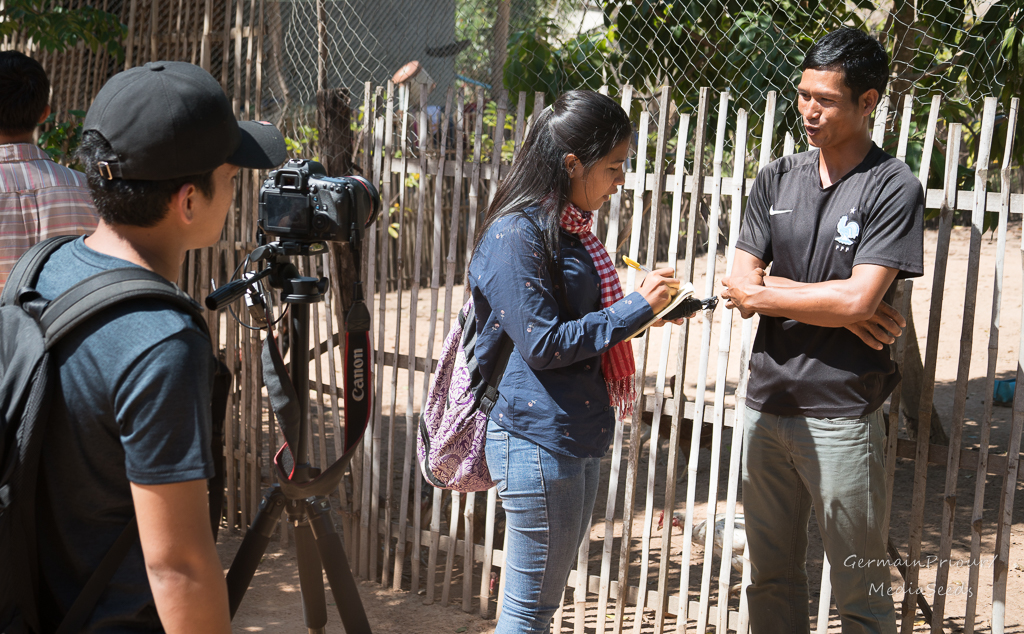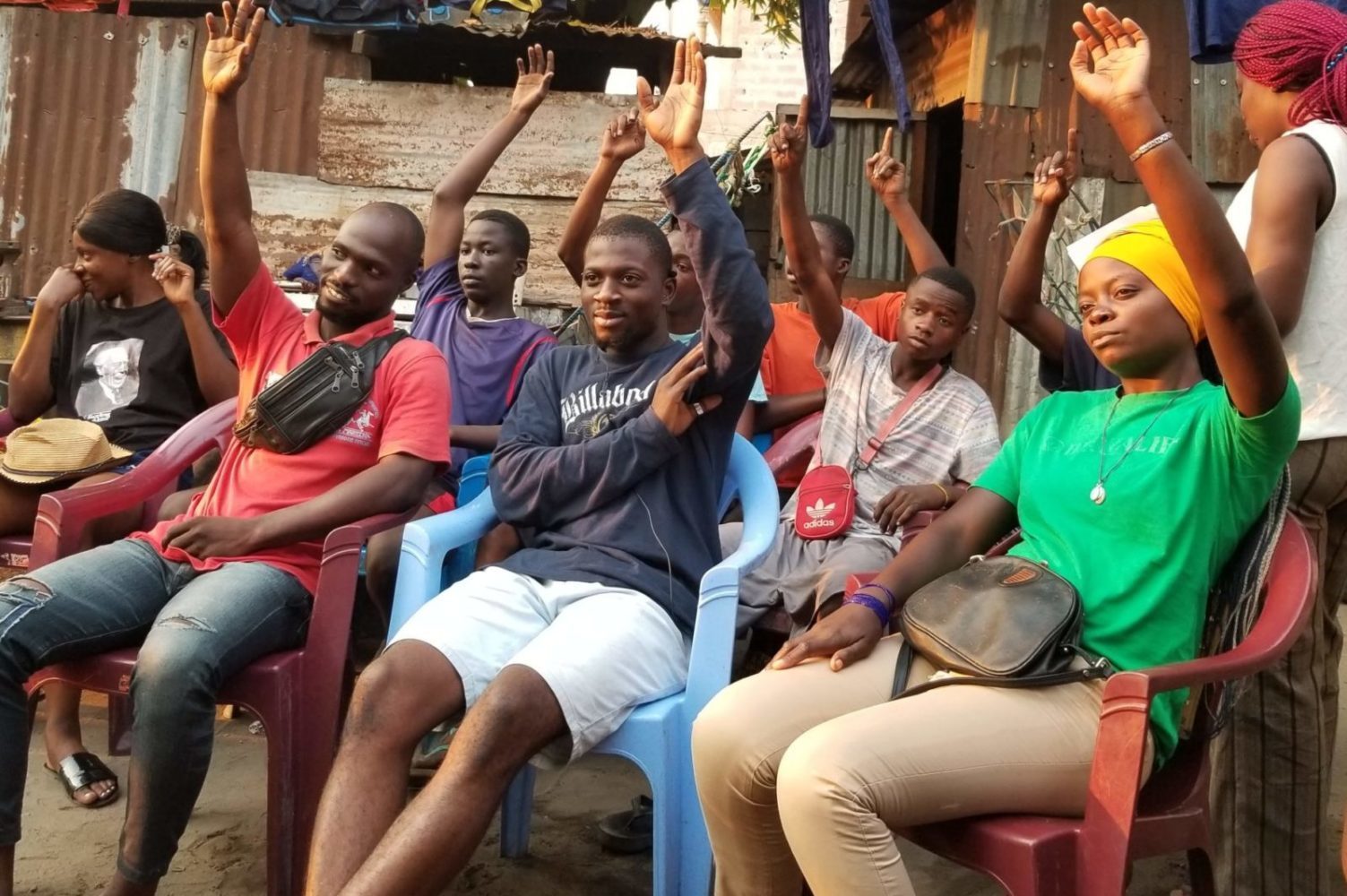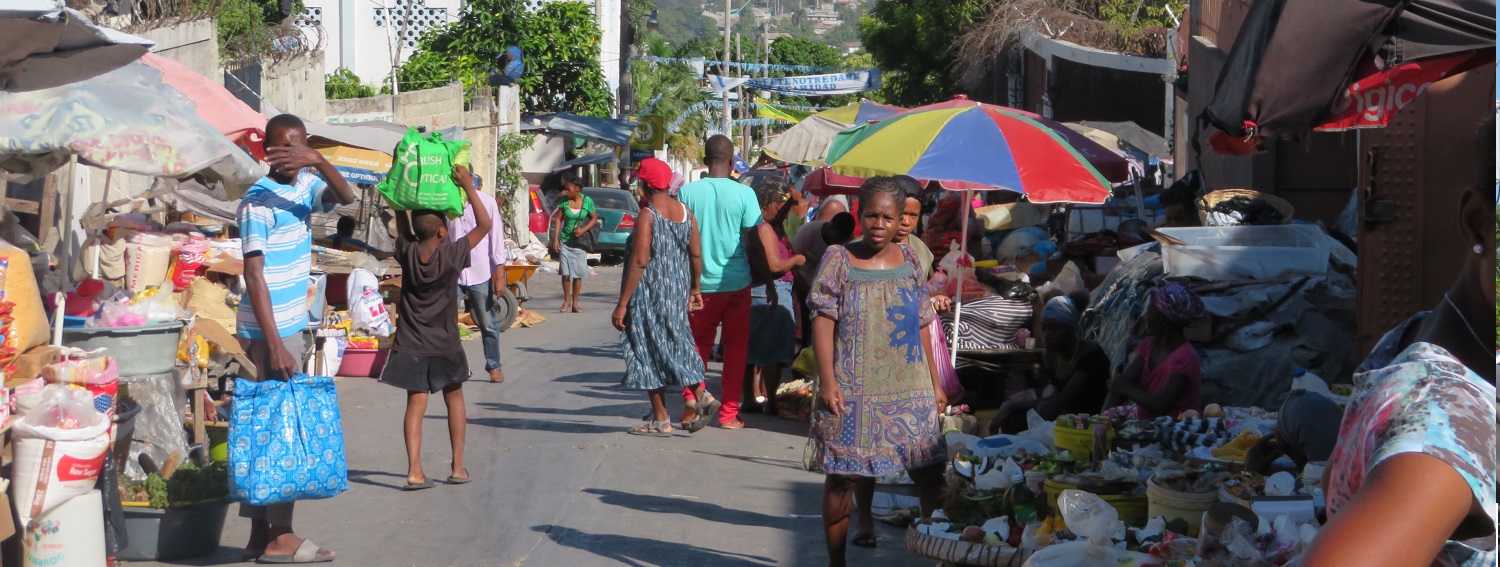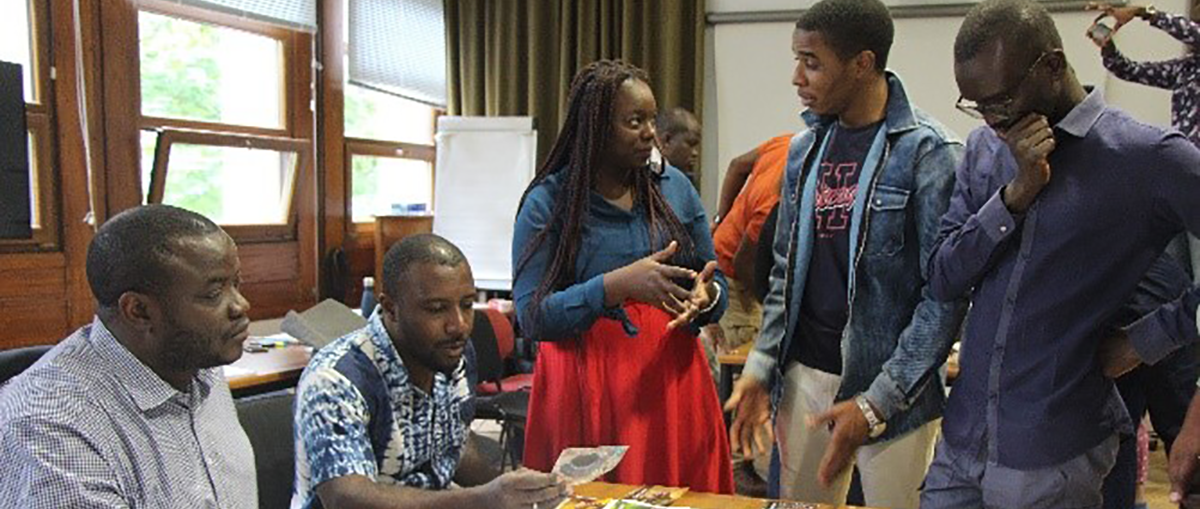Commissioned by the National directorate of drinking water and sanitation (Dinepa), the study entitled “Durabilité financière du secteur de l’eau potable en Haïti” (“Financial sustainability of the drinking water sector in Haiti”) was conducted by the Institute of environmental resources and sustainable development (Ireedd) and GRET between June 2016 and May 2017, with financial support from the World Bank’s Water and Sanitation Program. In parallel with other reform projects, this large-scale study responds to the will of the Haitian public authorities’ – and of their technical and financial partners – to strengthen technical performance and financial autonomy in the drinking water sector.
Based on a substantial system to produce primary data (field surveys, inventory of heritage, accounting audits, etc.), the study made it possible to assess – with a degree of accuracy never previously reached – the financial viability of all of the urban drinking water systems in Haiti and of a large sample of rural systems. At national level, the main financial balances in the sector were quantified, both in terms of expenditure (operational costs and investment costs) and in terms of income (based on the 3 T grid: tariffs, taxes and transfers).
Among the study’s conclusions, it is worth mentioning the necessity to increase income generated by sale of water via efforts to strengthen the continuity of the service and improve the Dinepa accounting systems, in its regional offices (Orepa) and for urban operators. It is also worth noting the proposal to implement priority pilot actions within several water services in order to introduce new tools, revise certain formal rules, and gradually change practices in the areas of heritage, accounting and financial management.
The results of the study were presented during a workshop in Port-au-Prince, held under the auspices of Dinepa. Over 70 people came together in the Haitian capital to discuss the conclusions of the study and collectively identify institutional, economic and social barriers, as well as levers that will enable a process to improve the situation to be launched.






